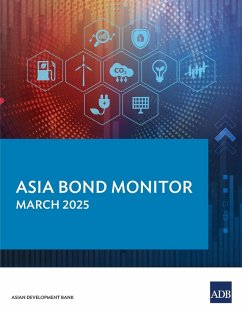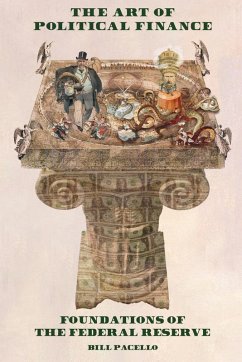
THE MARCH OF THE RENMINBI
Towards internationalisation, liberalisation and development of domestic financial markets as key factors
Versandkostenfrei!
Versandfertig in 1-2 Wochen
71,99 €
inkl. MwSt.

PAYBACK Punkte
36 °P sammeln!
The renminbi (RMB) could become an international currency thanks to China's solid economic base, monetary stability and growing diplomatic influence. However, the internationalisation of the RMB requires reforms, including full convertibility and the opening up of financial markets to create sufficient depth and liquidity. Although China is making progress towards these goals, it faces major challenges, including a still underdeveloped domestic financial market and limited convertibility, particularly on the capital account. China's methodical and cautious strategy aims to gradually strengthen...
The renminbi (RMB) could become an international currency thanks to China's solid economic base, monetary stability and growing diplomatic influence. However, the internationalisation of the RMB requires reforms, including full convertibility and the opening up of financial markets to create sufficient depth and liquidity. Although China is making progress towards these goals, it faces major challenges, including a still underdeveloped domestic financial market and limited convertibility, particularly on the capital account. China's methodical and cautious strategy aims to gradually strengthen the openness of its financial system while maintaining its stability. The consolidation of the financial infrastructure and the full convertibility of the RMB are considered crucial steps in increasing its presence on the international stage and overcoming current obstacles.












